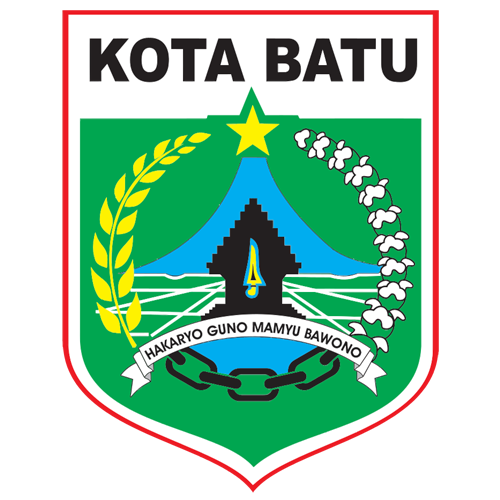The Wahid Foundation Assisted Groups’ Visits to Several Places of Worship

Last Monday (4/3), the women’s groups assisted by the Wahid Foundation visited several houses of worship in Batu City, Malang starting from Giri Arjuno Hindu Temple, Sanggar Sapta Dharma (a native faith), An Nur Mosque, Gereja Gembala Baik Catholic Church, Padang Mahsyar Mosque in Gunungsari, and finished in a vihara.
There were five assisted women’s groups from Sidomulyo Village, namely Lavender Group, Jasmine Group, Bunda Group, Bukit Berbunga Group and Dewi Anjani Group. There were also two women’s representatives from Dewi-Dewi Group and Kwaci Group.
"The visit of the Wahid Foundation assisted group to this temple is a positive effort to foster social cohesion among believers in Batu City," explained Katiyah, who is one of the Giri Arjuno Hindu Temple administrators.
In line with Katiyah, Yusnia Pangasti, the Wahid Foundation Community Officer in Malang, said that these visits were held in order to strengthen the interfaith relationship as a follow-up to the interfaith dialogue that had been held in Sidomulyo.
The visits to several places of worship were also filled with interactive dialogues between the women from the assisted groups and the religious leaders. When visiting Sanggar Sapta Darma (a native faith) Siti Yulaikah, a women’s group member, asked, "How do the followers of Sapta Darma practice their religious teachings?”
Bibit Samini as a religious leader from Sapta Darma explained that the spirituality of Sapta Darma was not sourced from one religion but from revelations on December 27, 1952 in Kediri, East Java received by Mr. Hardjosapoero. The teachings include sesanti, wewarah pitu with prostration (sujud) as one of the main services performed. "In Batu City, the native-faith followers (Penghayat) are acknowledged and the religion is included in the religion column of their , titled Belief in God Almighty," explained Seed Samini.
By: Ester Pandiangan















